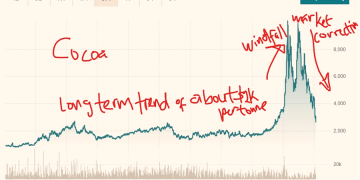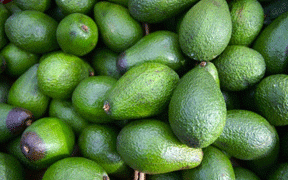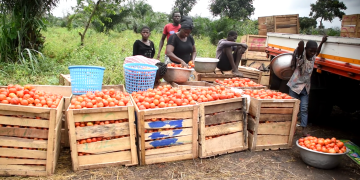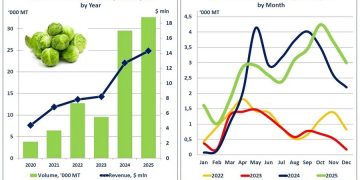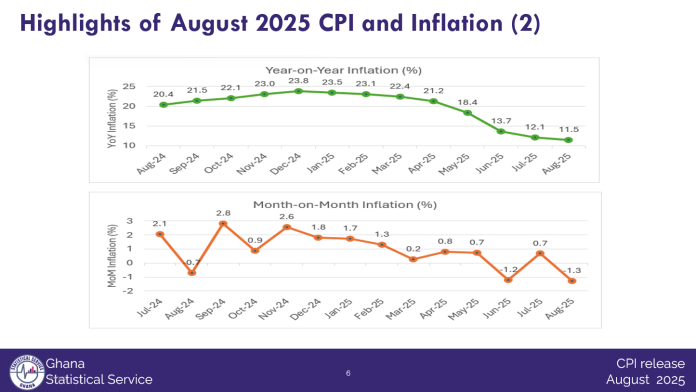Domestic inflation slowed for an eighth straight month in August, hitting its lowest level in nearly four years as food and non-food prices eased – offering households some relief and strengthening government’s case that its stabilisation measures are working.
Consumer prices rose 11.5 percent from a year earlier, down from 12.1 percent in July and well below the 23.8 percent recorded in December 2024, data from the Ghana Statistical Service (GSS) have shown.
August’s figure is the lowest since October 2021. On a monthly basis, prices fell 1.3 percent, compared with a 0.7 percent increase in July .
Government Statistician Alhassan Iddrisu said the sustained drop points to a real turnaround.
“The steady drop in inflation from nearly 24 percent in December to 11.5 percent in August shows a real and sustained shift in prices,” he said, adding that the trend proves recent stabilisation efforts are yielding results.
Breakdown
Food inflation – which remains a key driver – decelerated to 14.8 percent from 15.1 percent in July, with prices falling 2.5 percent month-on-month. Non-food inflation slowed to 8.7 percent from 9.5 percent in July, with prices of those items slipping 0.1 percent over the month.
Goods inflation fell to 13.9 percent while services inflation also moderated. Prices of imported items eased faster than locally produced ones, helped by a stronger cedi and reduced global cost pressures .
Dr. Iddrisu noted that households paid less in August than they did in July, but cautioned that the monthly swings highlighted the need for vigilance.
“The steady drop in inflation is reassuring, but the monthly movements remind us that we need to keep watch on short-term pressures and ensure policies remain stable and sustainable,” he said.
The disinflation has been broad-based across categories, though regional differences remain sharp. Upper West recorded the highest inflation at 21.8 percent while Bono East posted the lowest at 6.1 percent. On a monthly basis, Upper East saw prices fall by 3.2 percent – the steepest regional drop .
GSS said inflation is higher for locally produced items than imports, underscoring the need to build stronger domestic supply chains.
“Inflation continues to decline across food, non-food and goods categories, with both imported and local price pressures easing and regional differences becoming clearer,” the Service said.
The latest data provides some relief for policymakers as they balance inflation control with growth concerns and ahead of the 2026 budget considerations.
GSS urged government, businesses and households to use the disinflationary window strategically. Fiscal discipline, investment in local production and prudent spending will be key to locking in the gains, according to the report.
“Lower inflation is a green light to invest and stay competitive,” GSS said, adding that the momentum could lay a solid foundation for growth, jobs and investment.
Source : bftonline
















